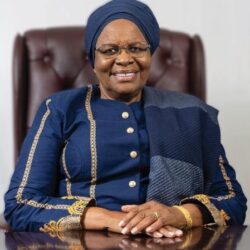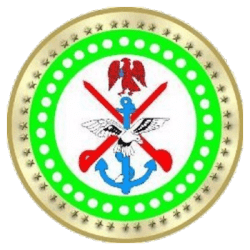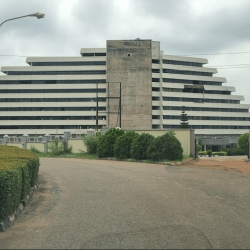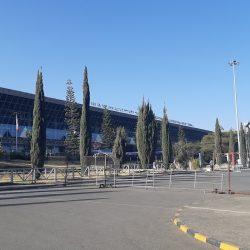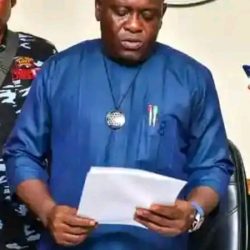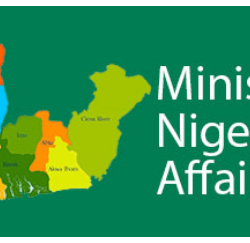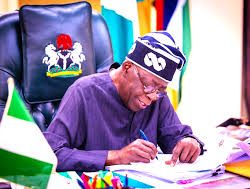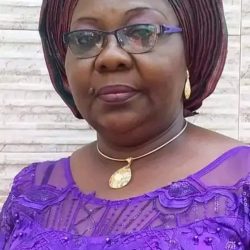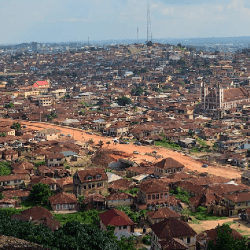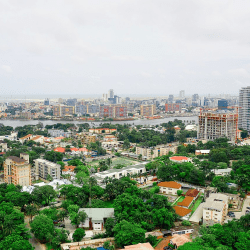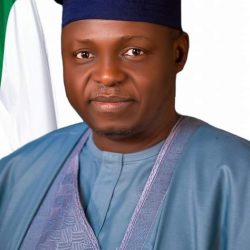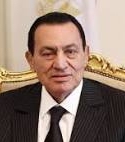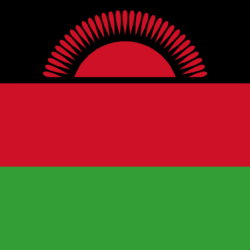President Bola Tinubu’s administration has initiated a comprehensive cabinet reshuffle aimed at boosting governmental efficiency and advancing his Renewed Hope Agenda. This reshuffle saw six ministers lose their positions, ten ministers being reassigned, and the nomination of seven new ministers. Among these new nominees is Ambassador Bianca Ojukwu, widow of the late Chukwuemeka Odumegwu-Ojukwu, for the role of Minister of State, Foreign Affairs.
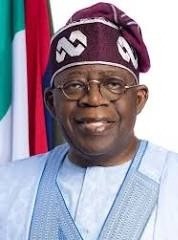
- Overview of the Cabinet Reshuffle
The cabinet reshuffle is one of Tinubu’s strategic moves to reinforce the Renewed Hope Agenda, focusing on Nigeria’s economic and social growth. The President’s goal is clear: optimize governance and boost overall administrative performance.
- Key Ministerial Exits
Six ministers were dismissed from their roles. This move reflects Tinubu’s prioritization of officials who can meet the administration’s goals efficiently. The departing ministers include:
Prof. Tahir Mamman – Education
Uju Kennedy Ohanenye – Women Affairs
Mohammad Gwarzo – State, Housing
Jamila Ibrahim – Youth Development
Lola Ade-John – Tourism
Betta Edu – Humanitarian Affairs (suspended and replaced)
- Introduction of New Ministerial Nominees
Seven new ministerial candidates have been nominated, with portfolios assigned as follows:
Amb. Bianca Ojukwu – State, Foreign Affairs
Dr. Nentawe Yilwa-tda – Humanitarian Affairs and Poverty Reduction
Muhammadu Maigari Dingyadi – Labour and Employment
Dr. Jumoke Oduwole – Industry, Trade, and Investment
Idi Mukhtar Maiha – Livestock Development
Yusuf Abdullahi Ata – State, Housing and Urban Development
Suwaiba Said Ahmad – State, Education
These nominations, which have been forwarded to the National Assembly for confirmation, emphasize a drive toward comprehensive expertise across various sectors.
- Redeployment of 10 Ministers
To better align ministerial roles with current administrative needs, ten ministers were reassigned to new portfolios:
Dr. Yusuf Tanko Sununu – From State, Education to State, Humanitarian Affairs and Poverty Reduction
Dr. Morufu Olatunji Alausa – From State, Health to Education
Bello Muhammad Goronyo – From State, Water Resources to State, Works
Abubakar Momoh – From Niger Delta Development to Regional Development
Uba Maigari Ahmadu – Now serving in the new Ministry of Regional Development
Dr. Doris Uzoka-Anite – Moved to State, Finance
Senator John Owan Enoh – From Sports Development to State, Trade and Investment
Imaan Sulaiman-Ibrahim – Transitioned to Minister of Women Affairs
Ayodele Olawande – Now Minister for Youth Development
Dr. Salako Iziaq Adekunle Adeboye – State, Health
These strategic redeployments are expected to bring about fresh perspectives and approaches to key governmental functions.
- Restructuring and Renaming Ministries
In a bid to streamline government functions, President Tinubu has ordered a restructuring of several ministries:
Ministry of Niger Delta Development has been renamed to Ministry of Regional Development and now oversees regional commissions such as the Niger Delta Development Commission (NDDC), the South-East Development Commission, North-East Development Commission, and North-West Development Commission.
The Ministry of Sports Development has been dissolved, with its responsibilities transferred to the National Sports Commission.
The Ministry of Tourism has merged with Ministry of Arts and Culture to form the Ministry of Art, Culture, Tourism, and the Creative Economy.
- Appointment of Shehu Dikko as Chairman of the National Sports Commission
Following the disbanding of the Ministry of Sports Development, Shehu Dikko has been appointed as the Chairman of the National Sports Commission. Dikko’s role will focus on creating a vibrant sports economy by overseeing and developing sports programs across the country.
- Reassignment of Former Ministers from Buhari’s Administration
President Tinubu appointed former ministers from President Muhammadu Buhari’s administration, signaling his trust in their prior experience. These appointments include:
Muhammadu Dingyadi – Labour and Employment
Sunday Dare – Special Adviser on Public Communication and Orientation, Ministry of Information
- President Tinubu’s Eight-Point Action Plan
To reinforce his cabinet’s efficiency, Tinubu has outlined an eight-point action plan, focusing on streamlining governmental operations:
Renaming and repurposing the Ministry of Niger Delta Development to handle multiple regional development commissions.
Dissolution of the Ministry of Sports Development and transfer of its functions to the National Sports Commission.
Merger of the Ministry of Tourism with the Ministry of Arts and Culture.
These actions aim to simplify and optimize the government structure.
- Transitioning the Ministry of Sports to the National Sports Commission
With the Ministry of Sports Development now dissolved, the National Sports Commission will oversee all sports-related initiatives, focusing on building a robust sports industry.
- Integrating Tourism and Creative Economy Under a Single Ministry
The newly created Ministry of Art, Culture, Tourism, and Creative Economy is expected to streamline activities in these sectors, helping Nigeria develop a more cohesive approach to tourism and the arts.
- President’s Charge to New Appointees
President Tinubu emphasized the importance of dedication, urging new ministers to view their appointments as a call to serve and invest their utmost effort into meeting the administration’s growth-focused priorities.
- Enhancing the Humanitarian Affairs Sector
By appointing Dr. Nentawe Yilwa-tda to lead the Ministry of Humanitarian Affairs and Poverty Reduction, the government aims to tackle issues surrounding poverty more efficiently, especially given the ministry’s critical mandate.
- Strengthening Regional Development Focus
The establishment of the Ministry of Regional Development reflects a shift towards more localized, targeted regional support, aiming to foster economic and infrastructure growth across Nigeria’s diverse regions.
- Role of Information and Orientation in Public Communication
Sunday Dare’s appointment as Special Adviser on Public Communication and Orientation reinforces the administration’s commitment to enhancing transparency and effective communication with the public.
- Conclusion
President Bola Tinubu’s cabinet reshuffle represents a focused, strategic approach to governance, emphasizing a streamlined government, localized regional development, and dedicated leadership in humanitarian affairs, tourism, and public communication. These changes signify a commitment to achieving the Renewed Hope Agenda, targeting sustainable growth and national advancement.
FAQs
- What is the Renewed Hope Agenda?
President Tinubu’s development plan aimed at transforming Nigeria’s socio-economic landscape.
- Who is Bianca Ojukwu’s new role?
Bianca Ojukwu has been nominated as the Minister of State for Foreign Affairs.
- What changes occurred with the Ministry of Sports?
The Ministry of Sports Development was dissolved, with its functions moved to the National Sports Commission.
- Which ministry now oversees tourism?
The Ministry of Art, Culture, Tourism, and Creative Economy.
- What does the Ministry of Regional Development oversee?
It supervises regional development commissions such as the NDDC, SEDC, NEDC, and NWDC.
- Why were some ministers removed from office?
To realign the cabinet with the administration’s focus on effective governance and optimal performance.


